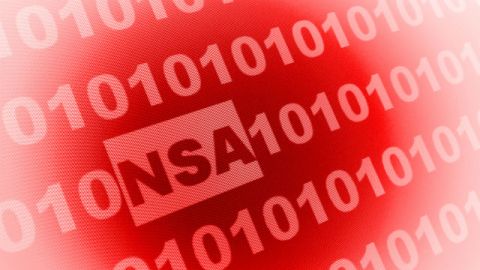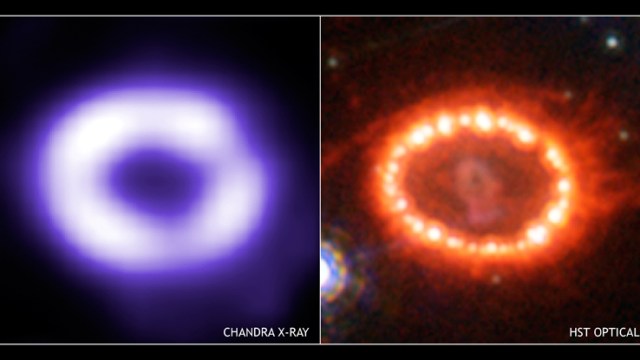In the first major legal setback for the NSA wiretapping program exposed last spring by Edward Snowden, a federal district court judge ruled today that the program “implicates the Fourth Amendment each time a government official monitors” an American citizen’s phone calls. When the Supreme Court ruled that collecting metadata does not violate the Constitution in 1979, Judge Richard Leon wrote, it could not have imagined the wealth of data packed into a modern smartphone:
Put simply, people in 2013 have an entirely different relationship with phones that they did thirty years ago…This rapid and monumental shift toward a cell phone-centric culture means that the metadata from each person’s phone “reflects a wealth of details about her familial, political, professional, religious, and sexual associations”…that could not be gleaned from data collection in 1979.
Judge Leon did not mince words:
I cannot imagine a more “indiscriminate” and “arbitrary invasion” than this systematic and high-tech collection and retention of personal data on virtually every single citizen for purposes of querying and analyzing it without prior judicial approval. Surely such a program infringes on “that degree of privacy” that the Founders enshrined in the Fourth Amendment. Indeed, I have little doubt that the author of our Constitution, James Madison, who cautioned us to beware “the abridgement of freedom of the people by gradual and silent encroachments by those in power,” would be aghast.
Wrapping up his 68-page opinion, Judge Leon acknowledged the government’s “understandable zeal to protect our homeland” but argued that since it had not cited “a single instance in which analysis of the N.S.A.’s bulk metadata collection actually stopped an imminent attack,” the privacy of Americans was being needlessly and relentlessly violated.
Judge Leon issued an injunction to stop the wiretapping program and to have all the data it has collected destroyed, but stayed his own order pending appeal, a process that could take six months or so.






